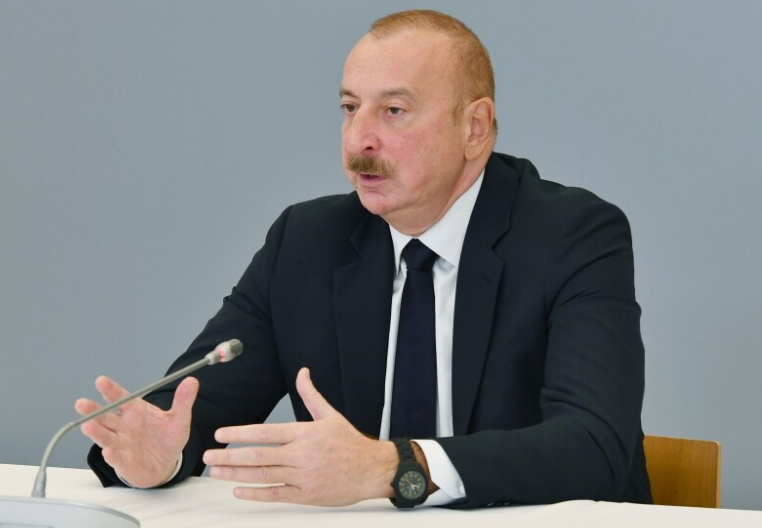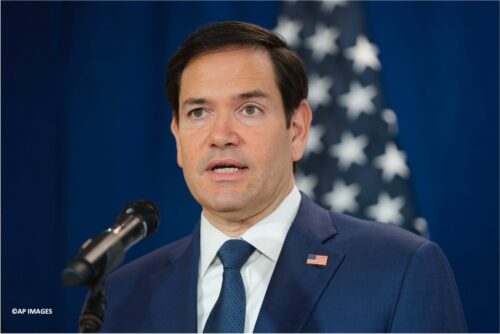
International press: Aliyev does not expect that Western criticism of the human rights violations in Azerbaijan will have real consequences
This year’s COP29, the world’s main conference on climate change, will be held in Azerbaijan, the Organized Crime and Corruption Reporting Project (OCCRP) writes.
Over 11 days of meetings, thousands of political and business leaders will enjoy the hospitality of one of the world’s most repressive and corrupt regimes. Their presence, and the visibility that accompanies such a marquee event, will advance one of the Azerbaijani government’s biggest goals: boosting its credibility and position on the global stage.
For years, OCCRP has worked with local journalists to expose how the country’s small elite, centered around the ruling Aliyev family, has enriched itself by plundering the country’s wealth—often at the expense of its people.
“And for years, we’ve had to report how those same journalists became political prisoners, jailed for the crime of telling the truth. The Aliyev regime’s repeated crackdowns have also targeted activists, academics, and any other dissidents who dared challenge the government line,” OCCRP writes.
The New York Times reported that the conference takes place as the 62-year-old Aliyev consolidates his power in the country having a population of about 10 million. Rejecting decades of mediation efforts by both Russia and the West, Aliyev used his modernized army to fight Armenian forces in the 44-day war in 2020 and last year’s lightning operation. He occupied Nagorno-Karabakh, which was populated by tens of thousands of Armenians who had to flee.
Armenia and Azerbaijan are now negotiating a peace agreement and possible transport links through Armenia to Turkey. The talks could redraw the map between the Black and Caspian seas in a way that, depending on the outcome, could reduce Russian and Iranian influence in the region while increasing the hold of NATO ally Turkey.
Due to his central role in the West’s geopolitical conflicts, Aliyev does not expect Western criticism of Azerbaijan’s human rights violations to have real consequences.
According to a report published by Transparency International and the Anti-Corruption Data Collective, Azerbaijan’s fossil fuel revenues, record levels of corruption and autocratic government put the U.N.-led climate process at risk.


